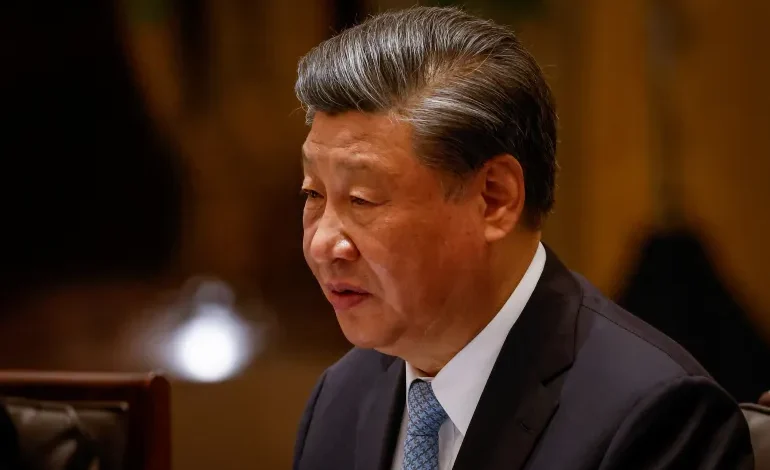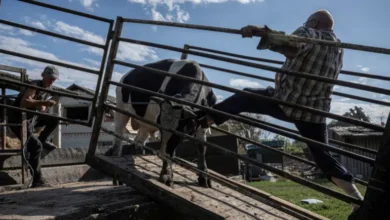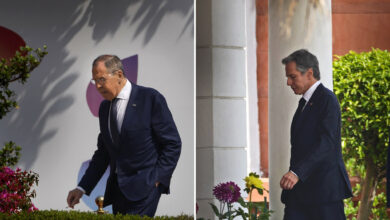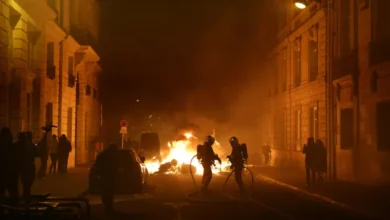China unlikely to be worried by ‘weaker Putin’ post Wagner revolt

Ties between China and Russia will remain strong even after the failed mutiny by the Wagner Group last weekend, but analysts say Beijing is likely to become increasingly cautious about Russian leader Vladimir Putin and the future stability of his government.
Beijing, like many governments, remained largely silent on Saturday as Yevgeny Prigozhin’s mercenary troops marched towards Moscow after seizing the southern Russian city of Rostov-on-Don.The following day, as the dust settled and Prigozhin agreed to exile in Belarus, China released a statement. The Ministry of Foreign Affairs called the incident “Russia’s internal affair” and said it supported Russia’s attempts at “maintaining national stability and achieving development and prosperity”.
State media, which spent little time on Saturday’s events, also picked up on the theme of stability, noting the speedy resolution to the crisis by Putin’s government.
Still, despite the public messaging downplaying the weekend’s events, the mutiny probably did unnerve top Chinese officials, including President Xi Jinping, said Elizabeth Wishnick, a senior research scientist at Columbia University’s Weatherhead East Asian Institute.
“For Xi Jinping, developments in Russia this weekend would have had to be very concerning, as they raised questions about regime security, a top concern for the Chinese leader,” she said.
Xi, who has developed strong ties with Putin in recent years, is in the midst of extending his rule into a personal grip over China as the most powerful leader since Mao Zedong.










